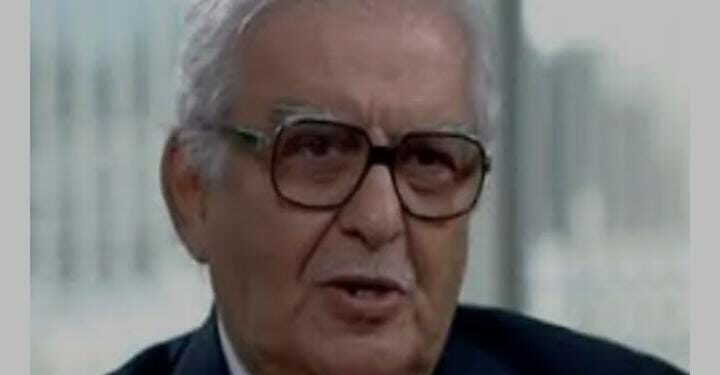
By Mr B Muthuraman, Former Vice Chairman, Tata Steel
Dr Jamshed. Irani is one of the key personalities who helped to build the foundation of Indian Industry, in the post liberalisation era of India. He, as the Managing Director of Tata Steel from 1992 and Ratan Tata who became the chairman of Tata Steel less than a year later are the founders of the “New Tata Steel” post the economic liberalisation of India in 1991.
By 1991, long years of administrative control by the Government under its socialist philosophy of governance had resulted in Tata Steel being flabby, technologically outdated , with high operating costs, products not aligned to market needs and with very little customer and market orientation . World renowned consultants labelled Tata Steel as “uncompetitive and unsustainable “
In merely ten years time, between 1992 and 2001, Irani, with support and guidance from Ratan Tata, effected a total transformation of Tata Steel, in all its areas of operations and business. It became the lowest cost producer of steel in the world, by 2001. It replaced many old technologies with new technologies and equipment. Customer and market orientation improved in a major way. “Customer Har Haal Me” was a slogan coined by him in the mid 90’s. There was a vast improvement in the company’s products and services. In essence, within a short period of 10 years the foundation for the “New Tata Steel” has been laid.
This was achieved thru several initiatives— fanatic focus on quality of processes and products, drastic cost reduction , manpower rationalisation and improvement in manpower quality, bringing in modern technologies and equipment and building a culture of taking aspirational and impossible targets and encouraging experimentation. At any time, there would be thousands of ‘improvement projects ‘across the company involving all employees across cadres. It was Irani, supported and guided by Ratan Tata, who led these efforts in a “hands on” manner. From being written off as “uncompetitive and unsustainable” in 1991, Tata Steel, by 2001, had become a company with a foundation fit enough to build a glorious superstructure.
At the time of the economic liberalisation of India, in 1991, the Indian Industry had very little quality orientation in its processes and products. JJI was one of the first Indian corporate executives to spend time with JUSE of Japan and came back with initial lessons on TQM. He, along with other stalwarts of Indian industry, was responsible for seeding the Quality Movement in India. The fact that quality has now got into Tata Steels DNA and Continuous Improvement has become an integral part of life in Tata Steel and in Jamshedpur, is largely due to the foundation laid by JJI in the years of his leadership at Tata Steel and due to the guidance and support he received from Ratan Tata.
I will miss my boss of the times of transformation of Tata Steel. Tata Steel will miss his sage advice. The people of Jamshedpur, of whom he had become an integral part, will miss his presence in their midst.














